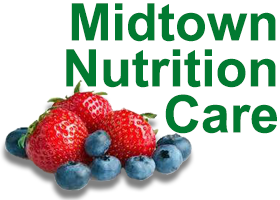CHOLINE REQUIREMENTS IN PREGNANCY
The benefits of certain nutrients, such as Calcium, Vitamin D and Folic Acid, during pregnancy, are well known and supplemented in prenatal vitamins. Calcium and Vitamin D are required for developing bones and teeth. Folic Acid is important for preventing birth defects. And Choline during pregnancy, and while breastfeeding, may have brain boosting potential for your children. Despite recommendations by the American Medical Association and the American Academy of Pediatrics, around half of all prenatal vitamins do not contain Choline, and many pregnant women do not get the recommended amount of Choline in their diet.
WHAT IS CHOLINE?
Choline is an essential nutrient required by the body for proper functioning and health. Choline is naturally present in some food. Choline can be made by the body, but not in sufficient amounts. Choline plays important roles in metabolism, in maintaining the structure of our cell membranes, and in brain and nervous system functions.
CHOLINE AND YOUR BABY
Evidence points to the protective role of Choline in prenatal brain and spinal cord development, as well as cognitive functioning in children following birth. Studies supplementing women with Choline during pregnancy suggest that when women have adequate levels of Choline in their system, potential benefits for their children may include: improving memory function and learning and attention, and reducing normal age-related decline in memory function, learning and attention.
ADEQUATE INTAKES (AIs) FOR CHOLINE
For adult men–550mg per day
For adult women–425mg per day
For pregnant women–450mg per day
For breastfeeding women–550mg per day
CHOLINE FOOD SOURCES
To boost your Choline intake, below is a list of foods that have higher amounts of Choline.
–1 large egg: 147mg
–3 oz. beef, top round, cooked: 117mg
–1/2 cup soybeans, roasted: 107mg
–3 oz. chicken breast, roasted: 72mg
–3 oz. ground beef, 93% lean meat: 72mg
–3 oz. Atlantic cod: 71mg
–1 large potato, red, baked: 57mg
–1/2 cup canned Kidney beans: 45mg
–1 cup Quinoa, cooked: 43mg
–1 cup 1% milk: 43mg
–1/2 cup Broccoli, chopped: 31mg
–1/4 cup Peanuts, dry roasted: 24mg
–1/4 cup, Sunflower seeds, oil roasted: 19mg
